The U.S. Food and Drug Administration today issued warning letters to five companies for selling products labeled as containing delta-8 tetrahydrocannabinol (THC). The regulatory agency claims that the companies violated the Federal Food, Drug, and Cosmetic (FD&C) Act. It’s the first time the FDA has issued warning letters for products containing delta-8 THC.
“Delta-8 THC has psychoactive and intoxicating effects and may be dangerous to consumers. The FDA has received reports of adverse events experienced by patients who have consumed these products,” the agency stated in a release. “There are no FDA-approved drugs containing delta-8 THC. Any delta-8 THC product claiming to diagnose, cure, mitigate, treat, or prevent diseases is considered an unapproved new drug.”
The states that it has not evaluated whether “these unapproved drug products” are effective for the uses manufacturers claim, what an appropriate dose might be, how they could interact with FDA-approved drugs or other products, or whether they have dangerous side effects or other safety concerns, according to the statement.
“Delta-8 THC is one of over 100 cannabinoids produced in the Cannabis sativa L. plant but is not found naturally in significant amounts. Concentrated amounts of delta-8 THC are typically manufactured from hemp-derived cannabidiol (CBD) and have psychoactive and intoxicating effects,” the release states. “Products containing delta-8-THC are available in varying forms, including but not limited to candy, cookies, breakfast cereal, chocolate, gummies, vape cartridges (carts), dabs, shatter, smokable hemp sprayed with delta-8-THC extract, distillate, tinctures, and infused beverages.”
The warning letters address the illegal marketing of unapproved delta-8 THC products by companies as unapproved treatments for various medical conditions or for other therapeutic uses. The letters also cite violations related to drug misbranding (e.g., the products lack adequate directions for use) and the addition of delta-8 THC in foods, such as gummies, chocolate, caramels, chewing gum and peanut brittle.
“The FDA is very concerned about the growing popularity of delta-8 THC products being sold online and in stores nationwide. These products often include claims that they treat or alleviate the side effects related to a wide variety of diseases or medical disorders, such as cancer, multiple sclerosis, chronic pain, nausea and anxiety,” said FDA Principal Deputy Commissioner Janet Woodcock. “It is extremely troubling that some of the food products are packaged and labeled in ways that may appeal to children. We will continue to safeguard Americans’ health and safety by monitoring the marketplace and taking action when companies illegally sell products that pose a risk to public health.”
The FDA recently published a consumer update expressing concerns about the potential health effects of delta-8 THC products. The FDA has received adverse event reports involving products containing delta-8 THC from consumers, healthcare practitioners and law enforcement, some of which resulted in the need for hospitalization or emergency room treatment, according to the agency.
The FDA states that it is also aware of an increasing number of exposure cases involving products containing delta-8 THC received by national poison control centers and alerts issued by state poison control centers describing safety concerns and adverse events with products containing delta-8 THC.
In addition to the violations related to FDA-regulated products containing delta-8 THC, several of the warning letters outline additional violations of the FD&C Act, including marketing CBD products claiming to treat medical conditions in humans and animals, promoting CBD products as dietary supplements, and adding CBD to human and animal foods.
“CBD and delta-8 THC are unapproved food additives for use in any human or animal food product, as the FDA is not aware of any basis to conclude that the substances are generally recognized as safe (GRAS) or otherwise exempt from food additive requirements,” the release states. “One of the letters expresses concerns regarding CBD products marketed for food-producing animals, and the potential safety concerns related to human food products (e.g., meat, milk, eggs) from animals that consume CBD, as there is a lack of data on safe CBD residue levels.”
The FDA issued warning letters to:
- ATLRx Inc.
- BioMD Plus LLC
- Delta 8 Hemp
- Kingdom Harvest LLC
- M Six Labs Inc.
The FDA has previously sent warning letters to other companies illegally selling unapproved CBD products that claimed to diagnose, cure, mitigate, treat or prevent various diseases, in violation of the FD&C Act. In some cases, there were further violations because CBD was added to food products. The FDA has not approved any CBD products other than one prescription human drug product to treat rare, severe forms of epilepsy, according to the agency.
The FDA has requested written responses from the companies within 15 working days stating how they will address these violations and prevent their recurrence. Failure to promptly address the violations may result in legal action, including product seizure and/or injunction.





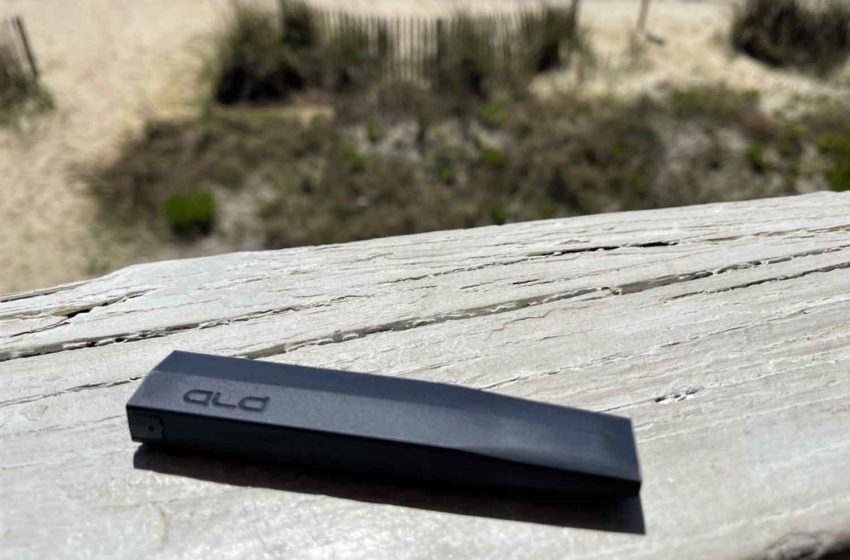
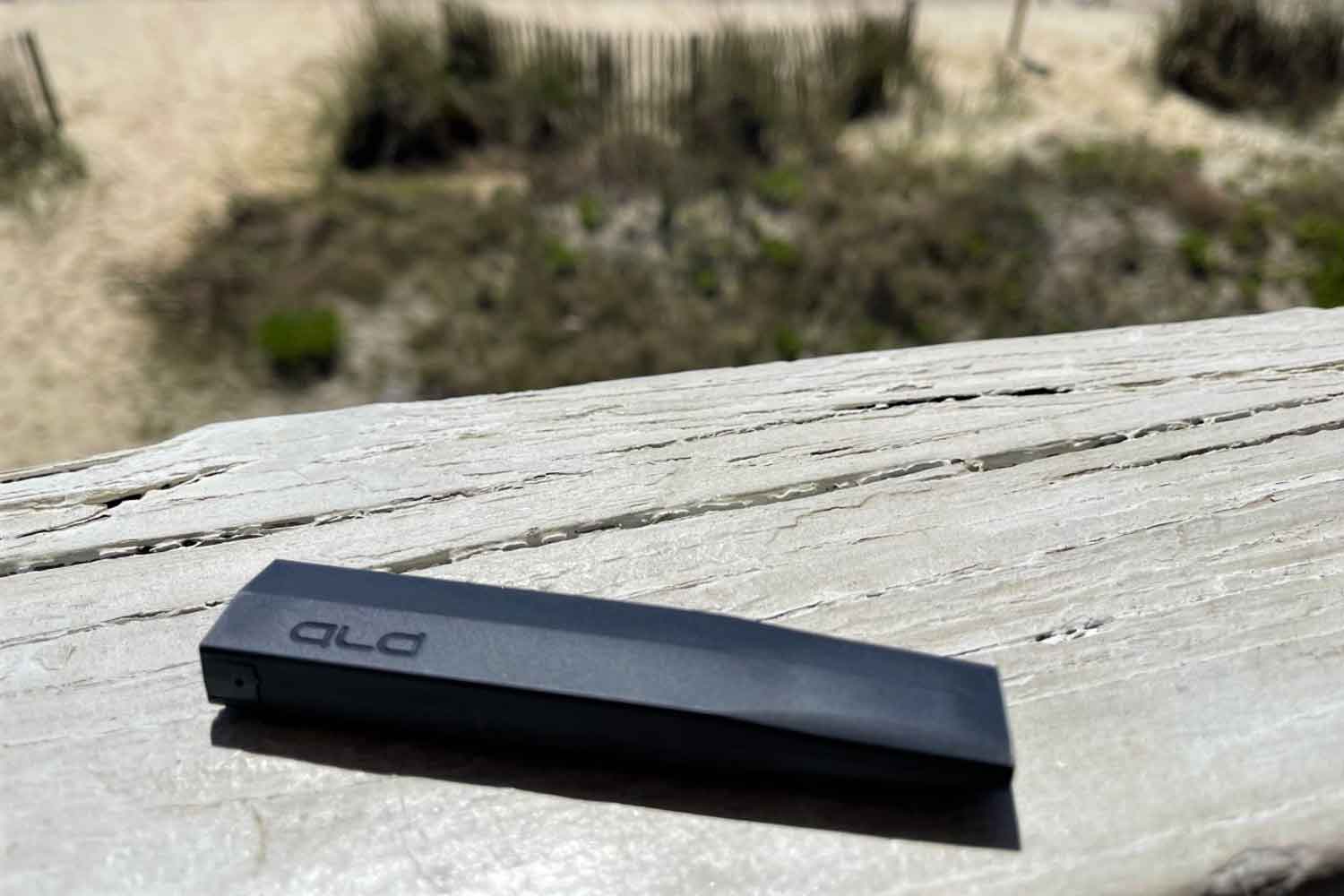


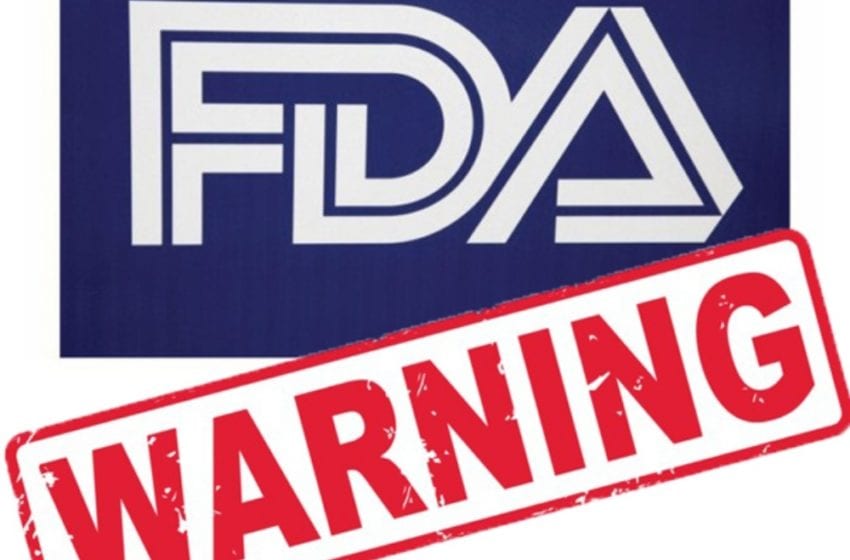
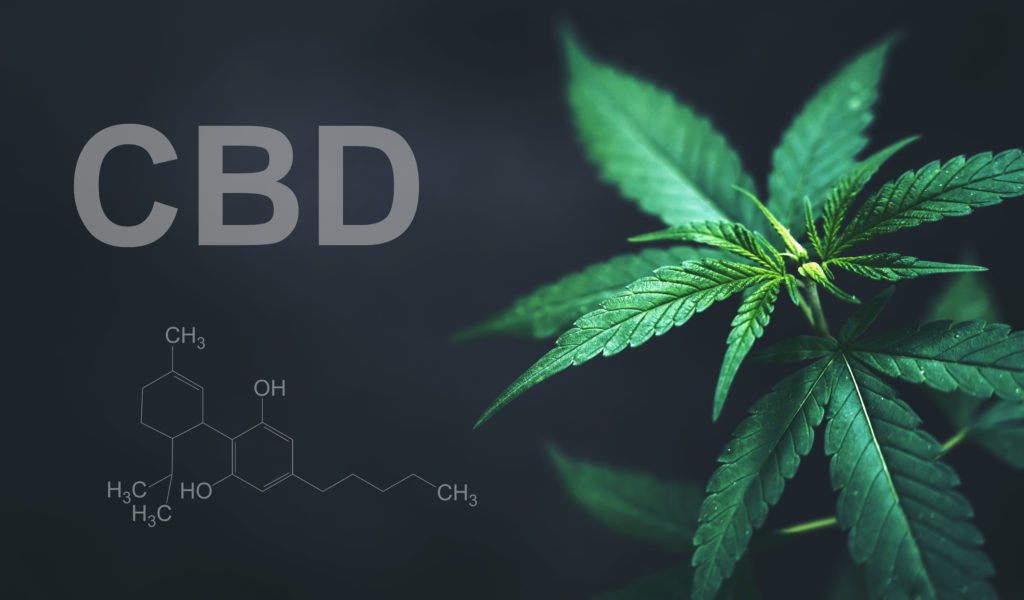


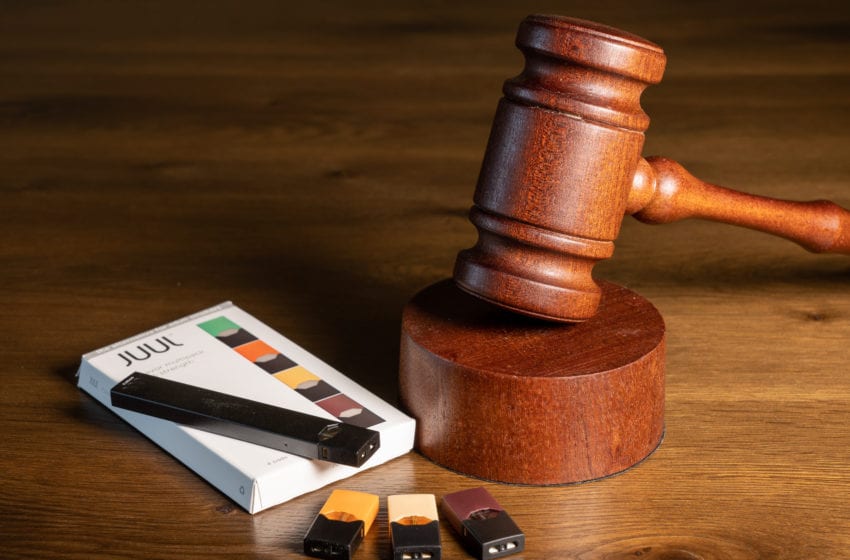


 The return of sCOPe, a global livestream featuring leading tobacco harm reduction (THR) advocates, this year will broadcast again on both World Vape Day and World No Tobacco Day.
The return of sCOPe, a global livestream featuring leading tobacco harm reduction (THR) advocates, this year will broadcast again on both World Vape Day and World No Tobacco Day.


